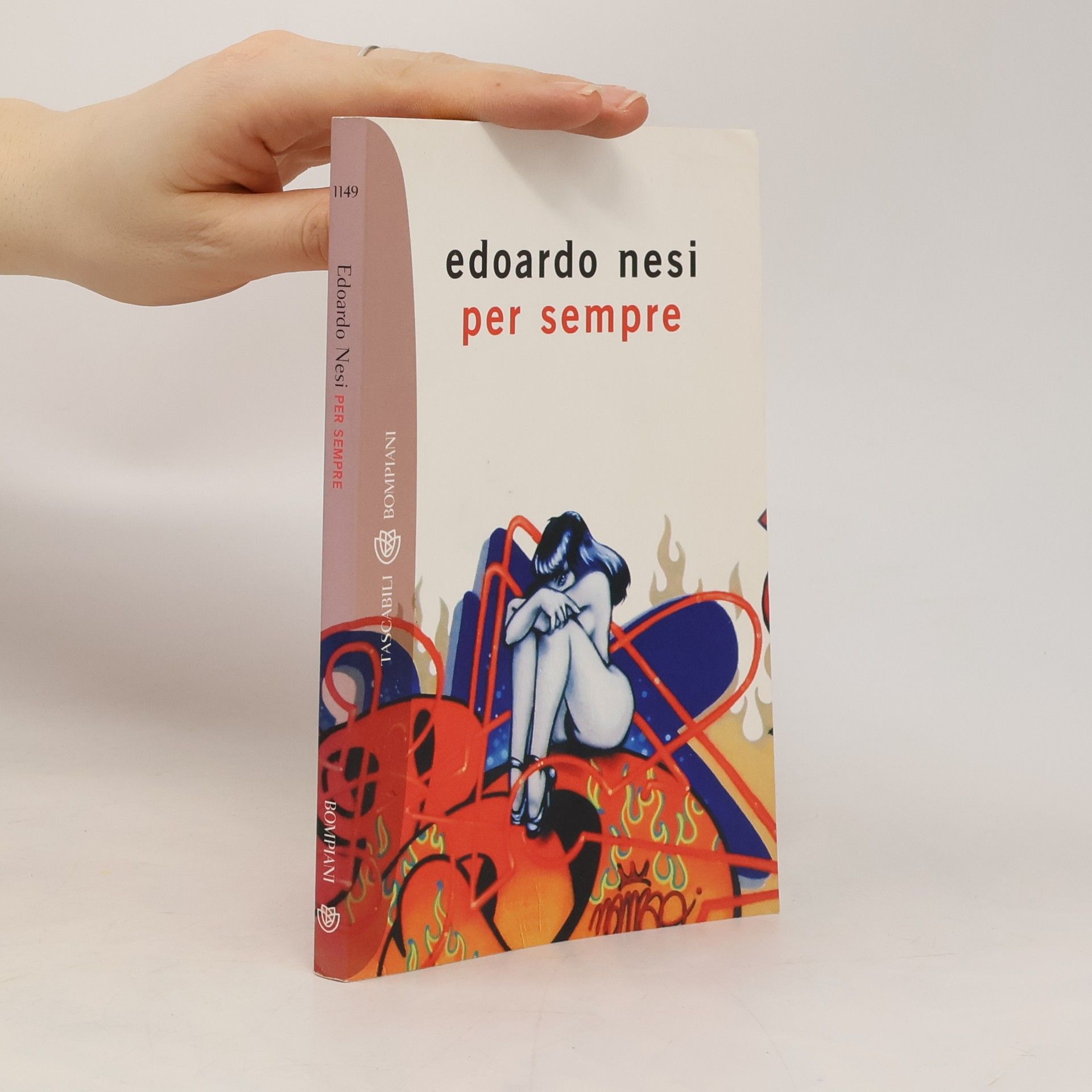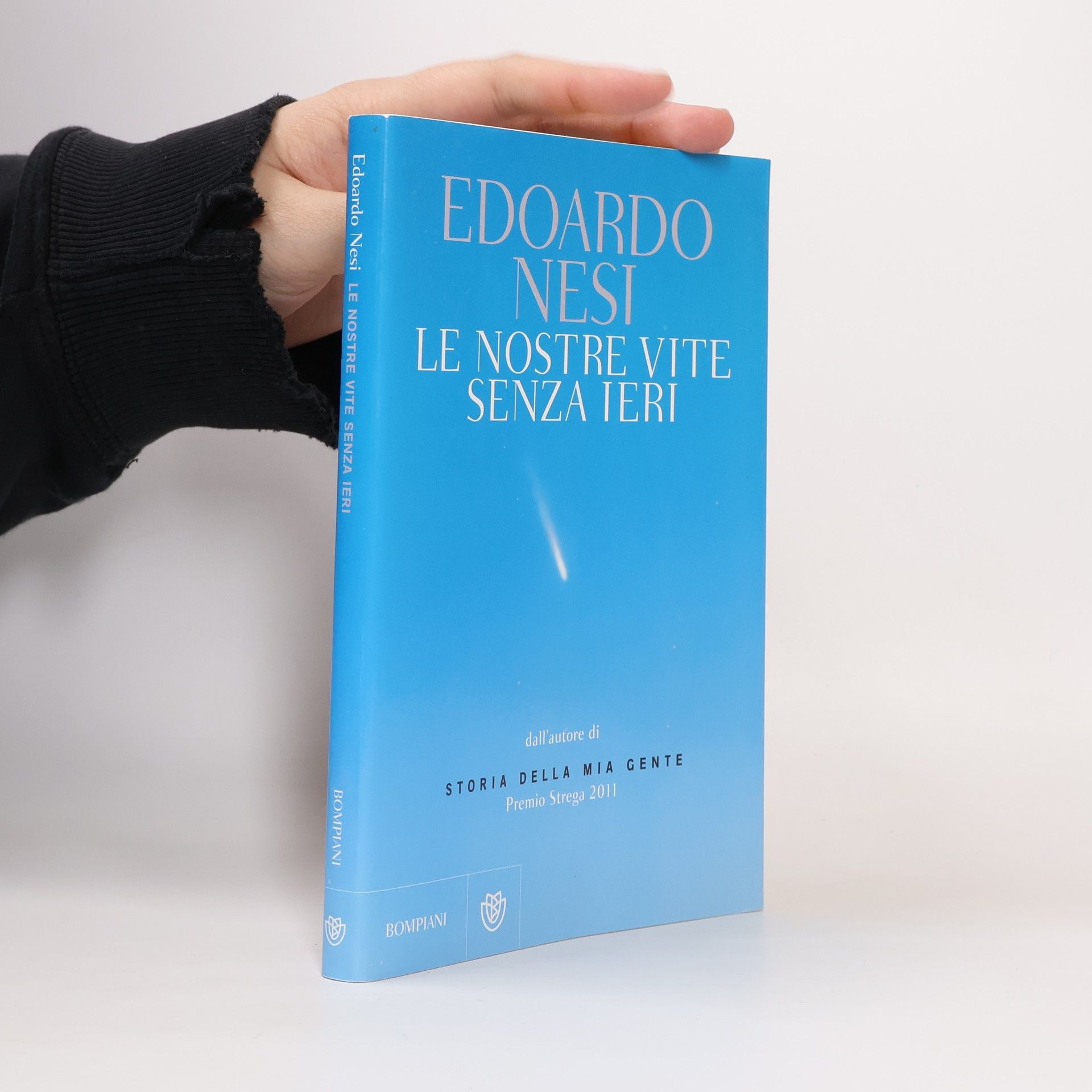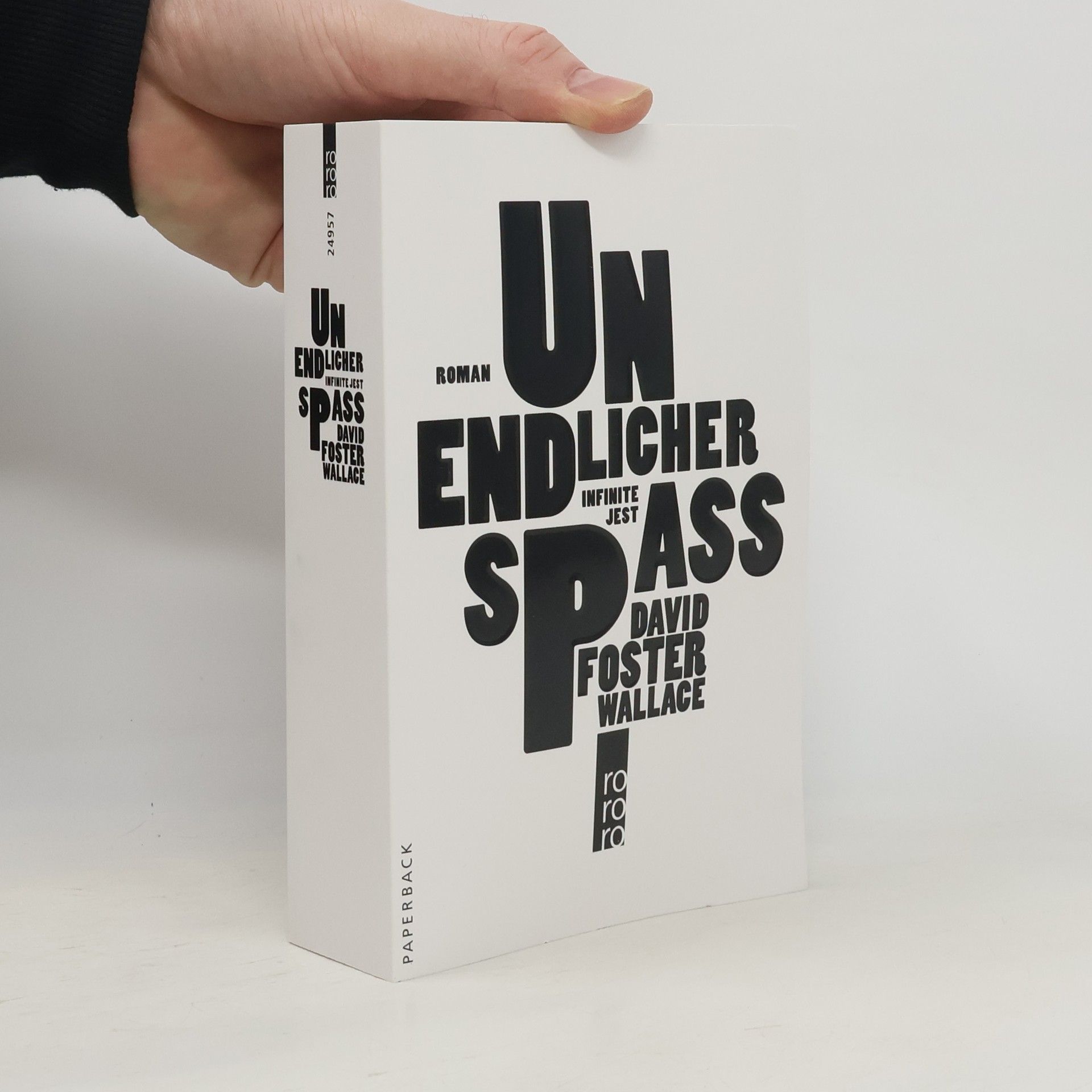In a warm, perceptive essay that touches on economics, fashion, literature, and politics, the Strega Prize–winning author of Story of My People reflects on the seismic shifts of 2020 and the diverse ways we’re adapting. Attempting to make sense of the incredible upheaval of 2020—from the devastating impact of COVID-19 to the sudden loss of his father—Edoardo Nesi considers the changing global economy and its effect on our lives. He shares the stories of Alberto Magelli, a small textile entrepreneur; Livia Firth, a prominent advocate for sustainability; Elisa Martelli, a young Sangiovese winemaker; Enrico Giovannini, a leading economist and statistician; Rino Pratesi, a proud butcher from the heart of Tuscany; and more. From the overworked to the unemployed, we’re all grappling with difficult questions about our current disorienting world: Will we ever feel healthy again, and what will it take to regain “normality?” What does progress mean today? Have science and technology let us down? What will the increased prevalence of remote working mean for our cities, and for our lifestyles generally? Deftly weaving together the personal and the economic, Nesi takes us on a fascinating journey to understanding.
Edoardo Nesi Bücher
Edoardo Nesi ist ein italienischer Schriftsteller, dessen Werk sich durch eine tiefgründige Auseinandersetzung mit der menschlichen Existenz auszeichnet. Sein erzählerischer Stil zeichnet sich durch Kraft und psychologische Tiefe aus und zieht den Leser in fesselnde Charakterstudien. Nesis vielseitiger künstlerischer Hintergrund prägt eine unverwechselbare Stimme, die durch nachdenkliche Prosa besticht.






A recent college graduate accompanies a reclusive middle-aged writer on a chaotic road trip to Milan in this hilarious, heartwarming novel about love, friendship, and the pitfalls of nostalgia In 1995 Vittorio Vezzosi rose to worldwide acclaim with his debut novel, The Wolves Inside. Unfortunately for his adoring fans—and his publisher—he wouldn’t write another word. Instead, the great author shut himself away in a farmhouse overlooking Florence. After twenty-five years of silence, however, a corporate takeover lights the fire under Vittorio to produce a new novel, and bright young classics graduate Emiliano De Vito is hired to assist him. Off to a rocky start, the odd couple embark on a madcap journey in a 1979 Jeep—without a roof or windshield or doors—to Milan, where Vittorio will speak to a crowd of thousands. As they travel across Italy, bonding over wine and women, and butting heads over the struggles Emiliano’s generation inherited from Vittorio’s, the two begin to see the world, and writing, in a different way.
«‹Alles und noch mehr› könnte eine Beschreibung dieses Romans sein.» (Don DeLillo) Irgendwann in naher Zukunft machen sich die Insassen des Entziehungsheims Ennet-House und Studenten der Enfield Tennis Academy auf die Suche nach einer Kopie von «Unendlicher Spaß», einem Film, der angeblich so unterhaltsam ist, dass der berauschte Zuschauer am Ende verhungert und verdurstet. Nicht allein der schiere Umfang, sondern vor allem die Sprachmächtigkeit, die ungeheure Themenvielfalt, die treffsichere Gesellschaftskritik, die scharfe Analyse sowie der Humor machen diesen kurz vor der Jahrtausendwende erschienenen Roman zum Meilenstein der internationalen Gegenwartsliteratur – ungeheuerlich, maßlos, bewusstseinsverändernd.
L'estate infinita
- 459 Seiten
- 17 Lesestunden
Italia, estate del 1972. Ivo il Barrocciai convince il padre Ardengo a finanziare l’acquisto di un terreno per costruire una fabbrica di tessuti ambiziosa. Cesare Vezzosi, piccolo impresario edile, è sposato con la bellissima Arianna e costruisce appartamenti popolari per accogliere l’immigrazione dal Sud. Pasquale Citarella, giunto dall’Irpinia con la famiglia, dipinge incessantemente le nuove costruzioni che sorgono ovunque. Siamo all’alba di un nuovo mondo, dove i destini si intrecciano: Barrocciai affida a Vezzosi la costruzione della fabbrica, mentre lui si lancia nel mercato tessile d’Europa e America. Vezzosi, a sua volta, incarica Citarella, una commissione che potrebbe cambiare il futuro di tutti. Mentre la fabbrica cresce, generando benessere e prosperità, le vite dei protagonisti iniziano a scricchiolare, travolte da un'esistenza frenetica e in continua espansione. Edoardo Nesi torna al romanzo con una saga familiare che segue cinque personaggi indimenticabili, dipingendo un affresco di una nazione giovane e ambiziosa, in cui l’amore è fonte di sofferenza e gioia. L’estate infinita ci riporta a un passato recente, colmo di promesse e passioni, in un’Italia laboriosa e vibrante, la migliore di sempre.
Le nostre vite senza ieri
- 160 Seiten
- 6 Lesestunden
Quando sembra calare il sipario sullo splendore di un Paese, sulle sue passate ricchezze, si aprono due possibilità. Abbandonarsi al tramonto, oppure cogliere, nel presente, i segni del futuro. Le nostre vite senza ieri sceglie questa seconda strada e, non senza un bagliore di struggente nostalgia per gli anni della crescita spontanea dell'economia nazionale e mondiale, volge lo sguardo ai figli, ai ragazzi di oggi: a coloro che dovranno risollevare le sorti dell'Italia e del mondo; a coloro che hanno ereditato dai propri genitori – per la prima volta dopo tante generazioni – un mondo più povero e meno accogliente; a coloro che dovranno misurarsi, senza regole certe, con coetanei agguerriti da tutto il mondo e non solo dal paese accanto; a coloro che dovranno dimenticare il proprio "ieri" per aggredire il "domani"; che dovranno avere, e tradurre in realtà, idee che i propri genitori non potranno e non dovranno capire, altrimenti sarebbero idee già vecchie e inutili; a coloro che chiedono fiducia, almeno fiducia. Il nuovo libro di Edoardo Nesi – Premio Strega 2011 per Storia della mia gente – è un messaggio nella bottiglia, un intreccio inestricabile e misuratissimo di nostalgia, entusiasmo per la vita, il lavoro; è una lama che entra – con la precisione che solo la Letteratura ha – negli aspetti più vivi e dolenti ed essenziali della realtà che ci circonda.
Per Sempre
- 154 Seiten
- 6 Lesestunden
Alice è una ventenne figlia di genitori separati. Si veste secondo la moda punk, è daltonica, ha sette tatuaggi, il settimo con la scritta "per sempre". Lavora in un call center, ha un ex fidanzato, la malattia del sonno e fa strani sogni in cui folle umane disperate chiedono il suo aiuto per essere salvate. Alice è una medium? Qualcosa di più. Questa ragazzina sventata ma dall'animo innocente è stata forse investita di una missione epocale dallo stesso Gesù, che lei vede in sogno e che sembra volere qualcosa da lei. E la sua vita improvvisamente cambia, così come cambiano le persone intorno a lei: amici, parenti, estranei, tutti coinvolti in una ragnatela di segni inquietanti. Nel suo nuovo romanzo, Nesi narra una vicenda che è insieme un giallo, un fantasy e un affresco di una società, la nostra, sull'orlo del baratro morale.
Storia della mia gente
la rabbia e l'amore della mia vita da industriale di provincia
“Il rumore di una tessiturati fa socchiudere gli occhi e sorridere,come quando si corre mentre nevica.Il rumore della tessituranon si ferma mai,ed è il cantopiù antico della nostra città,e ai bambini pratesifa da ninna nanna.”“Questa è la mia gente.La mia gente che in tutta la vitanon ha fatto altro che lavorare.” Storia della mia gente racconta dell’illusione perduta del benessere diffuso in Italia. Di come sia potuto accadere che i successi della nostra vitalissima piccola industria di provincia, pur capitanata da personaggi incolti e ruspanti sempre sbeffeggiati dal miglior cinema e dalla miglior letteratura, appaiano oggi poco più di un ricordo lontano. Oggi che, sullo sfondo di una decadenza economica forse ormai inevitabile, ai posti di comando si agitano mezze figure d’economisti ispirate solo dall’arroganza intellettuale e politici tremebondi di ogni schieramento, poco più che aspiranti stregoni alle prese con l’immane tornado della globalizzazione. Edoardo Nesi torna con un libro avvincente e appassionato, a metà tra il romanzo e il saggio, l’autobiografia e il trattato economico, e ci racconta, dal centro dell’uragano globale, la sua Prato invasa dai cinesi, cosa si prova a diventare parte della prima generazione di italiani che, da secoli, si ritroveranno a essere più poveri dei propri genitori.
